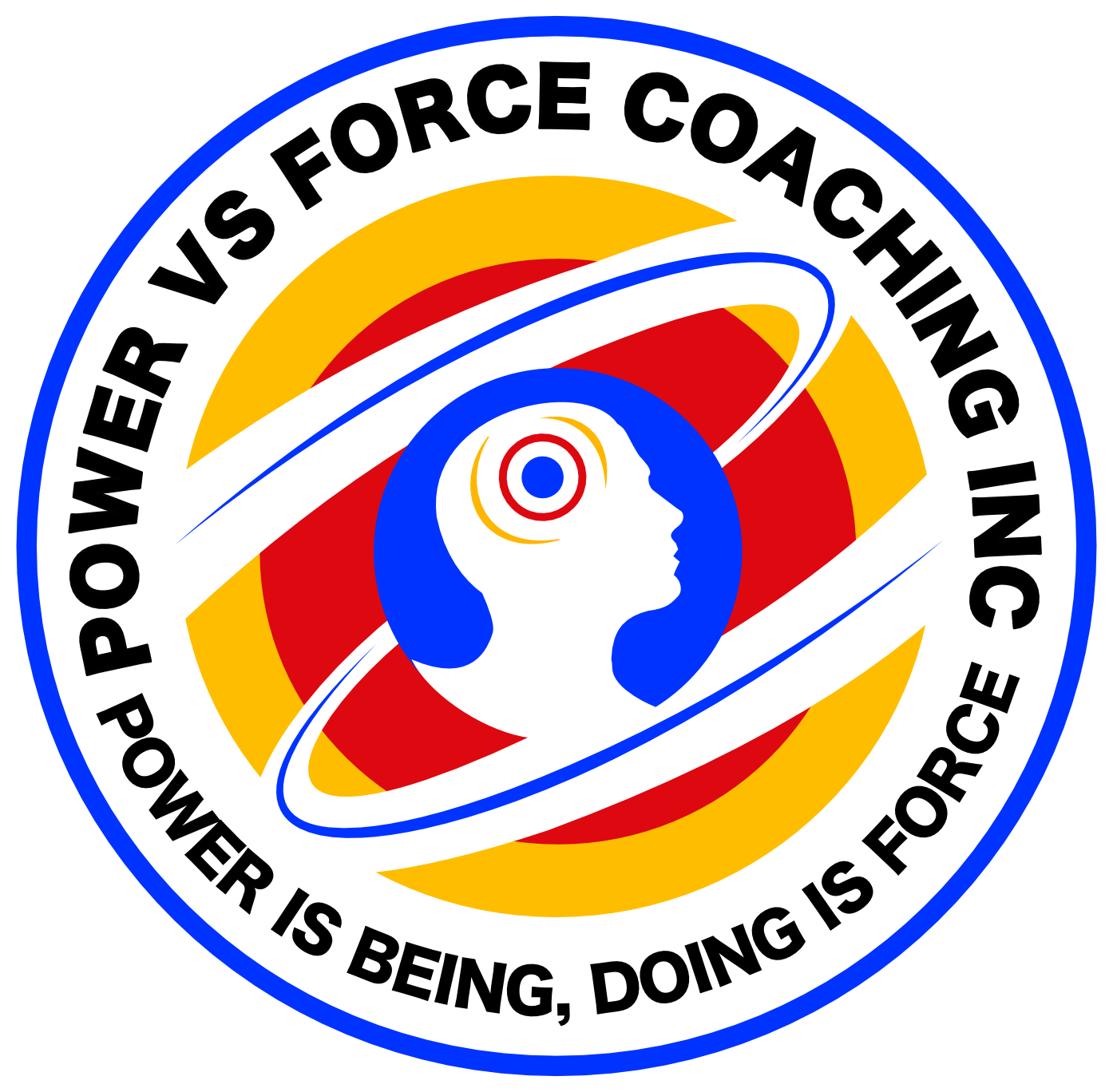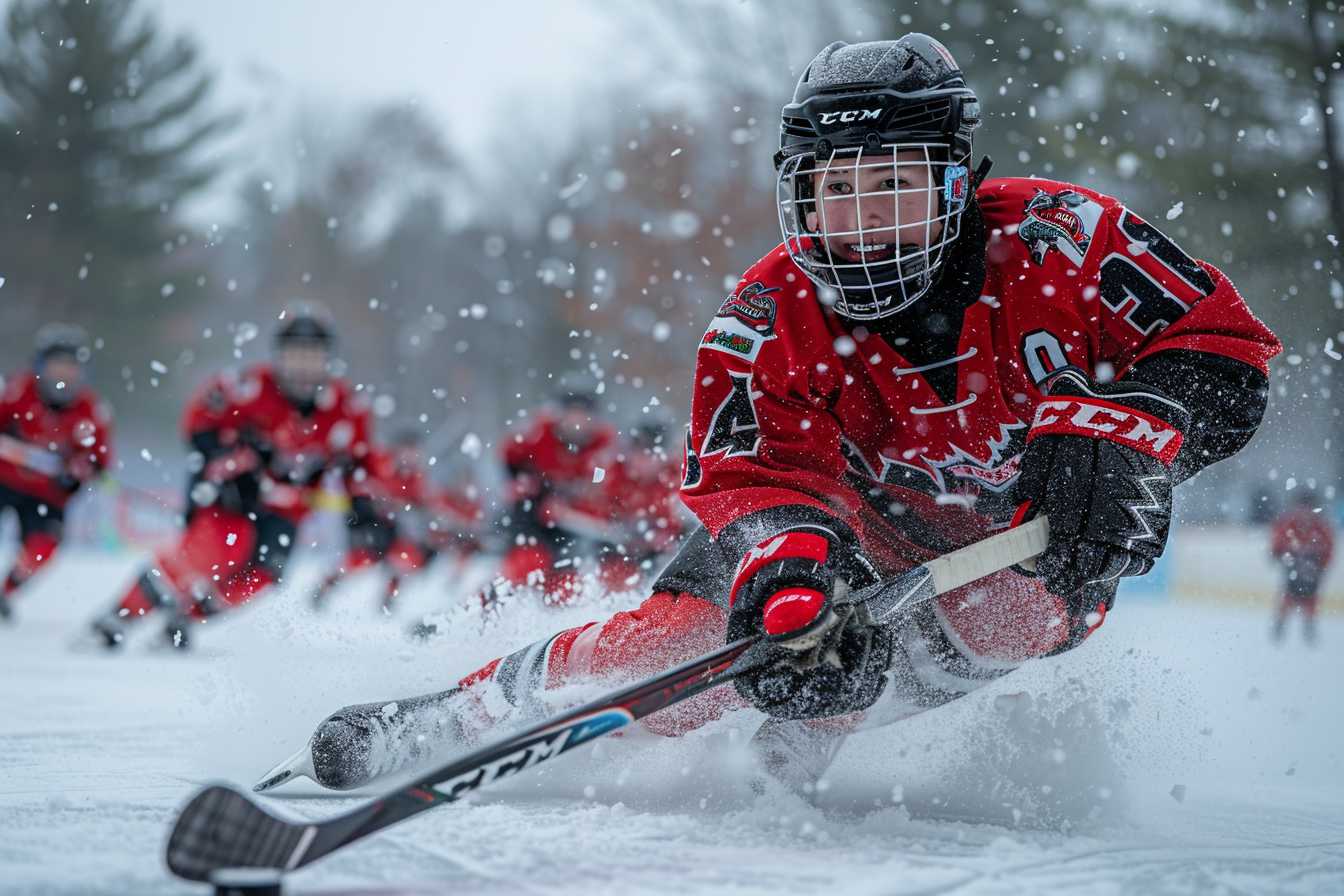The Game-Changing Role of Fun in Youth Hockey
In the competitive world of hockey, especially at the youth level, the pressure to perform can often overshadow the fundamental reason many start playing in the first place: for fun. For teenage hockey players striving to improve, integrating enjoyment into their practice and games can significantly boost
their development and overall experience. This concept lies at the heart of COR.E Performance
Dynamics, a framework that emphasizes optimizing a player’s mindset to enhance their performance
through elements like enjoyment and personal fulfillment.
Benefits of Incorporating Fun in Performance Improvement
1. Increases Motivation and Engagement
When player enjoy what they are doing, they are more likely to stay committed and put forth their best
effort. Fun in training can transform tedious drills into exciting challenges, maintaining high levels of
enthusiasm and dedication among young players.
2. Reduces Stress and Burnout
The demands of competitive sports can lead to stress and eventual burnout. By prioritizing fun, players
can maintain a healthier balance, reducing anxiety and preserving their love for the game. This approach
helps sustain long-term participation and success.
3. Enhances Creativity and Problem-Solving Skills
Sports are not just physical but also mental. Introducing fun into the equation encourages players to
think creatively, experiment with new techniques, and find unique solutions on the ice, making them
more adaptable and skilled players.
How to Infuse Fun into Performance Improvement
1. Implement Gamification Techniques
Coaches can incorporate elements of gamification such as scoring systems, digital badges, or
competitive scenarios that mimic video games, making the learning process more engaging and
enjoyable for young athletes.
2. Encourage Team-Building Activities
Team-building activities that are enjoyable and inclusive can foster a sense of community and support
among players. This can lead to stronger team cohesion and better on-ice performance as players feel
more connected and committed to their teammates.
3. Create a Positive and Supportive Environment
A positive coaching approach that focuses on encouragement and constructive feedback rather than
criticism fosters a more enjoyable and supportive environment. This approach not only enhances
performance but also ensures that players feel valued and motivated.
Success Story and Summary
Successful integration of fun into performance improvement strategies can be seen in various sports
organizations and teams. For example, a youth hockey team that introduced playful competitive drills
saw an increase in players’ skills development and a noticeable improvement in team dynamics. These
young athletes not only performed better but also displayed greater joy and commitment to the sport.
Such success stories underscore the effectiveness of a fun-centered approach in achieving significant
performance enhancements while boosting morale and productivity.
Incorporating fun into performance improvement is crucial for the development of young player, not
just in enhancing their abilities but also in ensuring they continue to enjoy the sport. Parents and
coaches play pivotal roles in shaping the sports experience to be more enjoyable and rewarding. By
adopting strategies that infuse fun into practice and competition, they can help young players reap the
full benefits of sports participation, leading to improved performance, greater well-being, and sustained
involvement in sports. Let’s make the journey enjoyable, and the rewards will likely follow.





